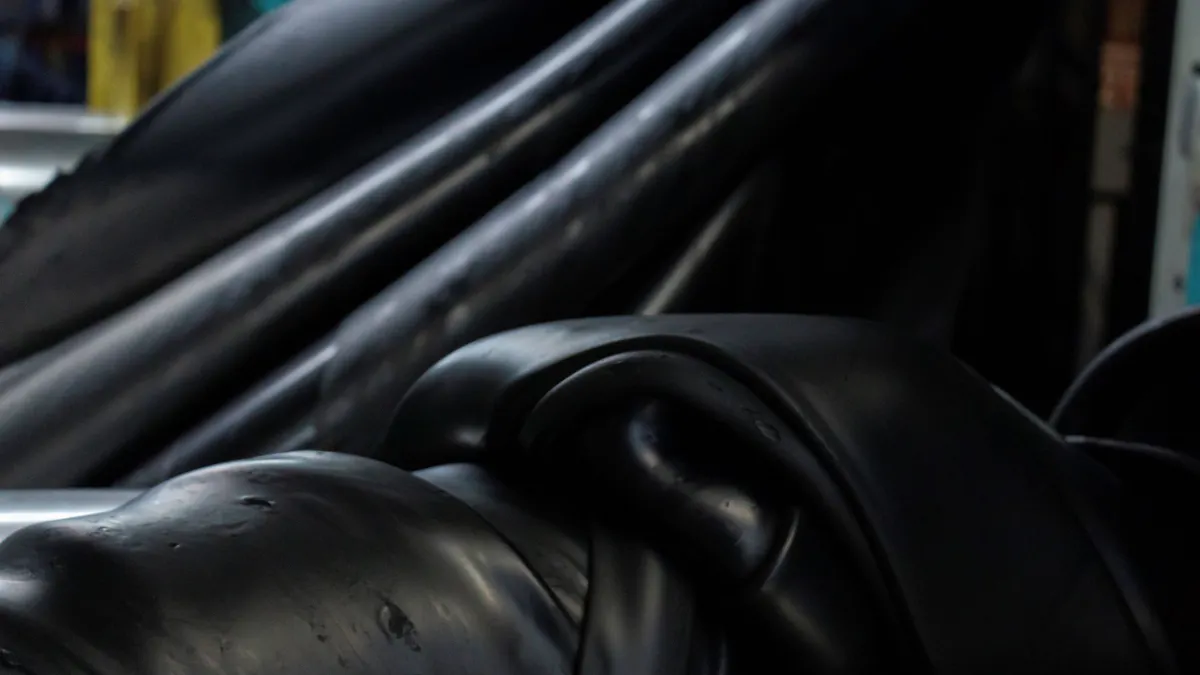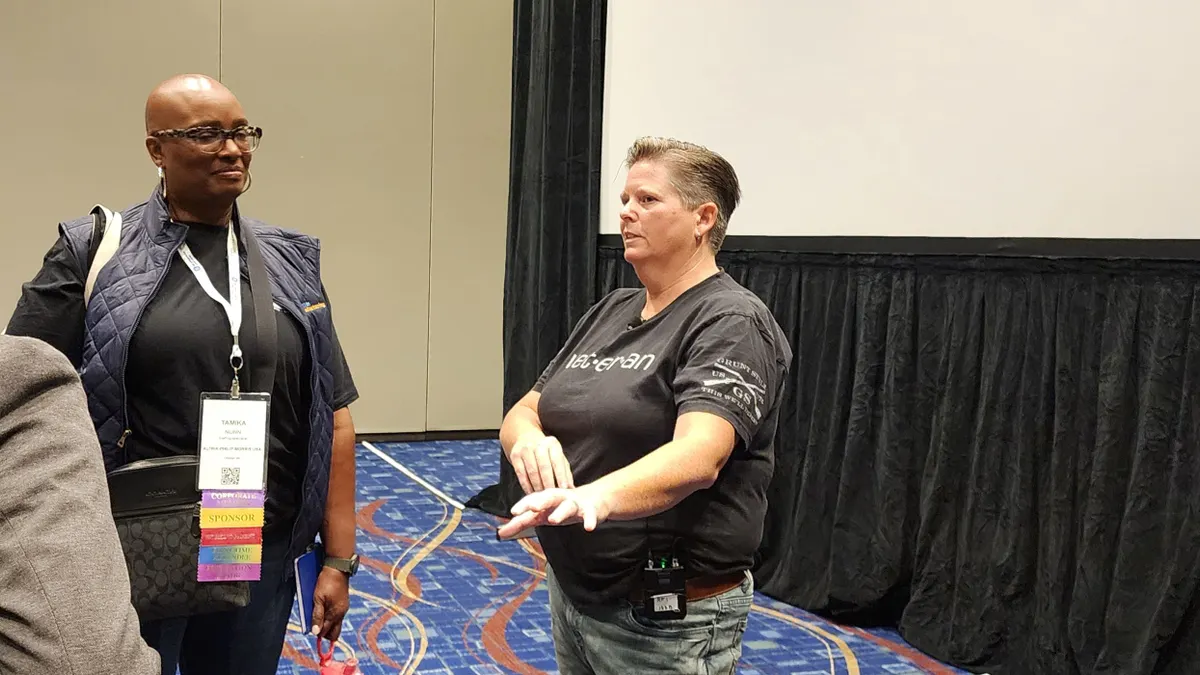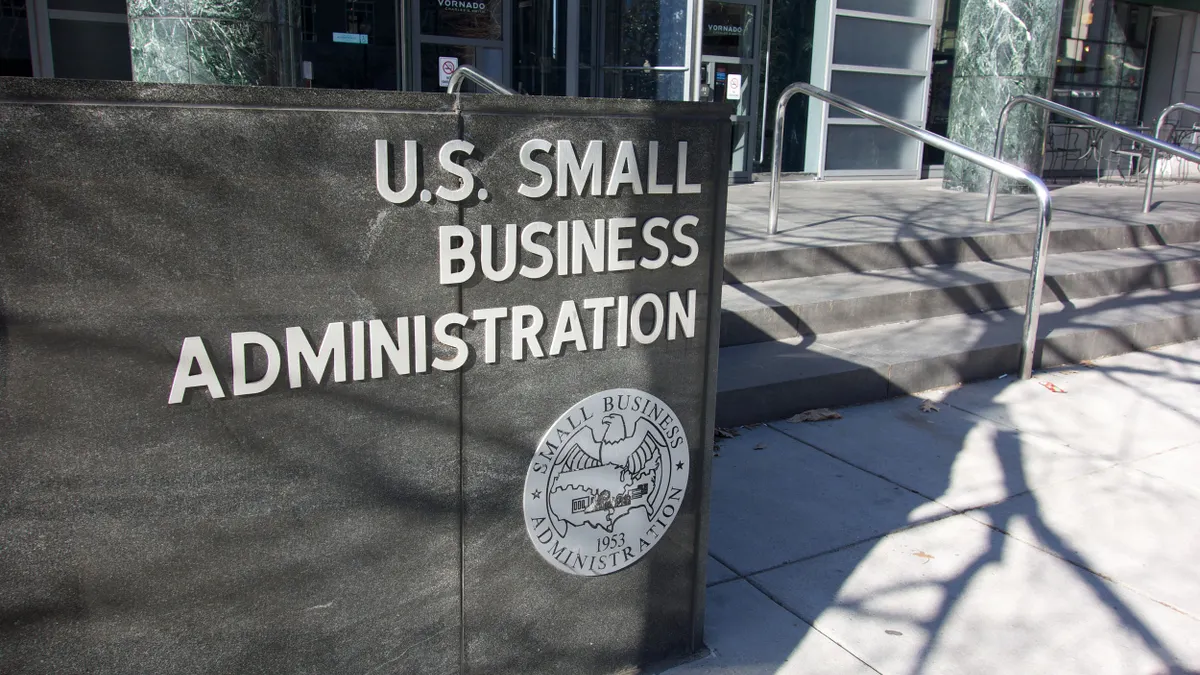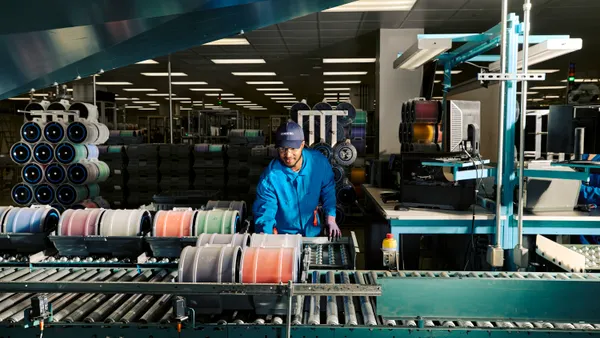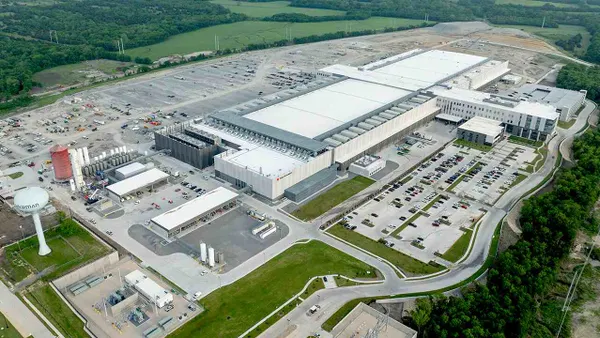Dive Brief:
- Denka Co. announced last week that it suspended production indefinitely at its LaPlace, Louisiana, chloroprene rubber manufacturing facilities.
- Operated under its subsidiary Denka Performance Elastomer, the Japan-based company said that the factories led to an “extraordinary loss” of 16.1 billion yen (approximately $112 million) in its fiscal year 2025 earnings that ended March 31.
- The company is considering various options for the chloroprene segment, including potentially selling the business or its assets. Denka said it has not decided to shutter the facility at this time.
Dive Insight:
The LaPlace site has faced many obstacles, including staffing challenges, declining chloroprene rubber production and global economic uncertainty, according to a recent earnings presentation.
Denka attributed the financial loss to rising costs associated with federal emissions regulation compliance. The LaPlace site has been plagued with costly regulatory and legal issues over the past few years, especially since it’s one of several Louisiana manufacturing plants located in what’s known as “cancer alley,” named for their link to increased carcinogen exposure in nearby communities.
The U.S. Environmental Protection Agency and Denka began monitoring the facility’s toxic emissions in 2016. While the chemical company has taken steps to reduce synthetic rubber emissions over the years, the EPA’s inspections have found the LaPlace factory continuing to release high levels of toxic discharges.
The EPA’s increased oversight was also part of the Biden administration’s environmental justice executive orders to address disproportionately high and adverse human health or environmental effects on minority and low-income populations, including in cancer alley.
Over half of the LaPlace population is Black, according to the U.S. Census Bureau. A 2024 report by the National Minority Quality Forum and CEO Roundtable on Cancer found that 56% of U.S. residents who live within three kilometers of carcinogenic sites were people of color. The report also shows a correlation between toxic chemical exposure in communities of color and increased cancer risks.
In February 2023, the EPA and the Department of Justice filed a complaint against Denka and DuPont’s specialty products subsidiary, accusing the chemical manufacturers of the LaPlace facility’s consistent release of high levels of chloroprene emissions before 2016. The lawsuit also forwarded the agency’s efforts to advance environmental justice, Todd Kim, then-assistant attorney general for the DOJ, said in the release.
This March, though, the DOJ dismissed the EPA’s lawsuit against Denka due to President Donald Trump’s executive order to end the federal government’s diversity, equity and inclusion programs. The dismissal also aligned with EPA Administrator Lee Zeldin’s pledge to end the agency’s use of environmental justice as part of his deregulation efforts.
Despite the lawsuit dismissal, Denka said improving the U.S. subsidiary’s profits would be difficult. Nevertheless, the company expects a “major recovery” for its next fiscal year, betting on increased chloroprene rubber sales produced from its Itoigawa, Japan, facility, according to a recent earnings presentation.
Denka said it will supply customers with neoprene from the LaPlace site’s remaining inventories as well as from its other chloroprene rubber manufacturing facility in Itoigawa.
The LaPlace facility was already shut down for maintenance when Denka announced its decision to suspend the plant’s operations, but did not disclose when the shutdown began.
Denka established its U.S. subsidiary with chemical maker Mitsui & Co. after it acquired the chloroprene rubber business and LaPlace facilities from DuPont de Nemours in November 2015.
Denka owns 70% of the business, while Mitsui’s subsidiary Diana Elastomers owns the remaining 30%, according to Denka’s press release.
At the time of the acquisition, Denka aimed to expand its chloroprene rubber operations and be strategically located closer to U.S.-based customers. The synthetic rubber, also known as neoprene or polychloroprene, is used to make products such as medical devices, auto parts, personal protective equipment and aquatic fabrics such as wet suits.


